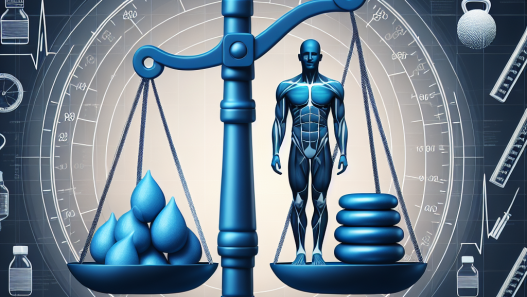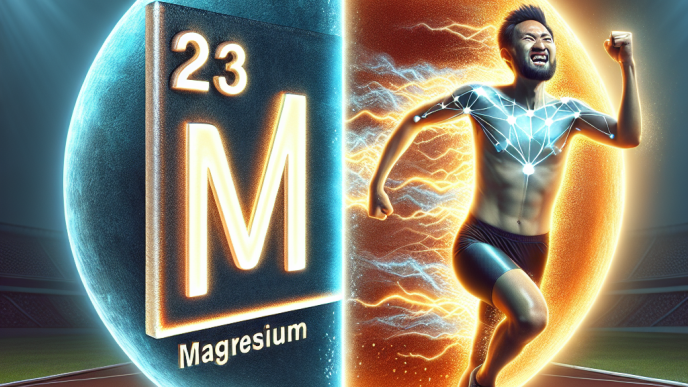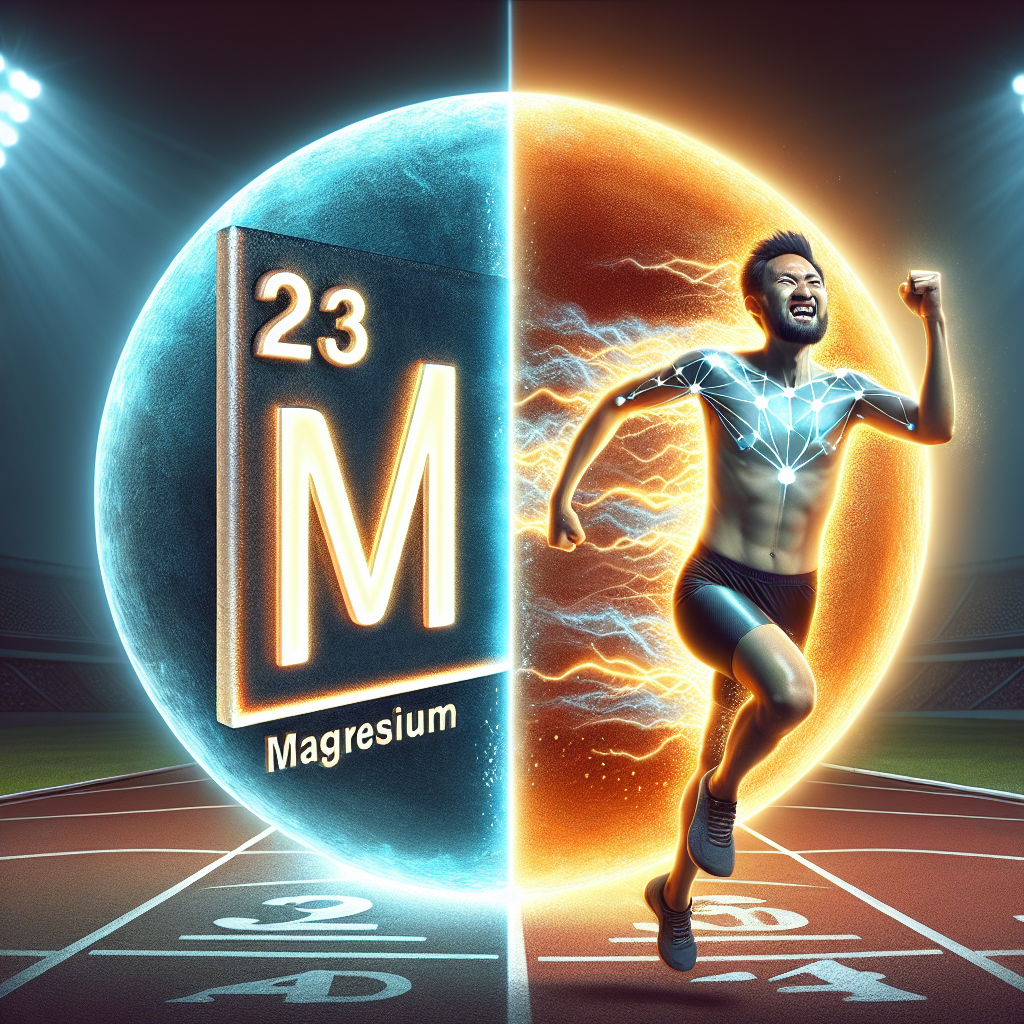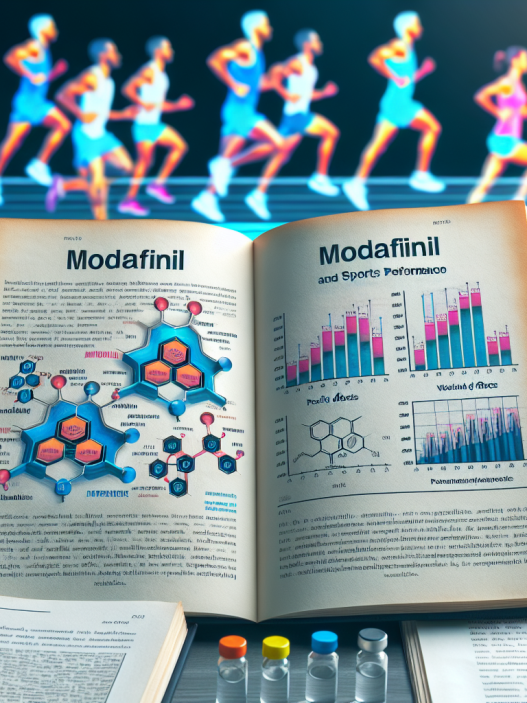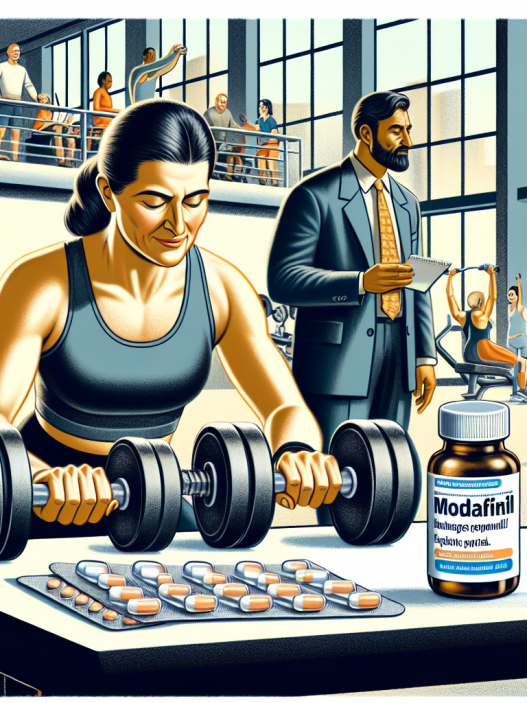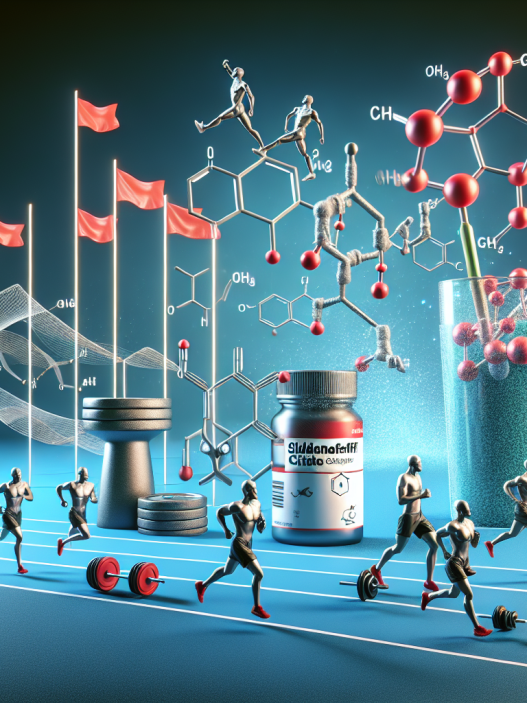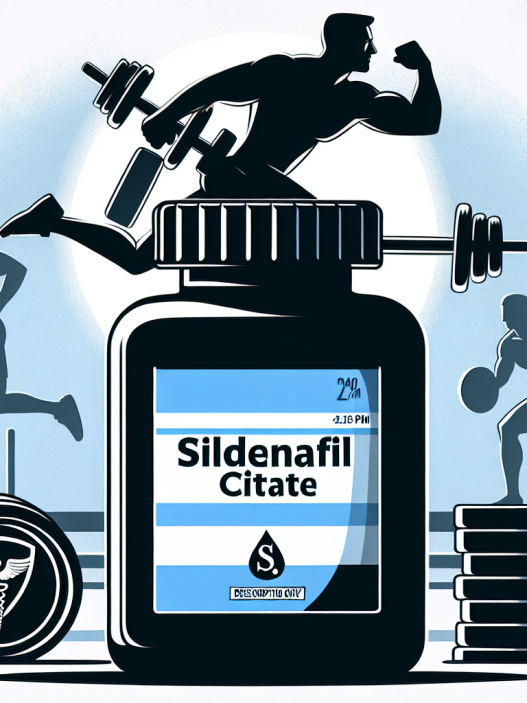-
Table of Contents
Magnesium and Physical Endurance: A Winning Duo
Physical endurance is a crucial factor in sports performance, whether it be in endurance events such as marathons or in high-intensity activities like sprinting. Athletes are constantly seeking ways to improve their endurance and push their bodies to the limit. One often overlooked but essential element in achieving peak physical endurance is magnesium. This mineral plays a vital role in energy production, muscle function, and overall athletic performance. In this article, we will explore the relationship between magnesium and physical endurance and how this duo can lead to success in sports.
The Role of Magnesium in Energy Production
Magnesium is a mineral that is involved in over 300 biochemical reactions in the body, including energy production. It is a crucial component of adenosine triphosphate (ATP), the primary source of energy for muscle contractions. During exercise, the body’s demand for ATP increases, and magnesium is needed to help convert glucose into ATP. Without adequate magnesium levels, the body may struggle to produce enough ATP, leading to fatigue and decreased physical endurance.
Studies have shown that magnesium supplementation can improve energy production and increase endurance in athletes. In a study by Golf et al. (2019), endurance-trained cyclists were given either a magnesium supplement or a placebo for four weeks. The group that received the magnesium supplement showed a significant increase in their time to exhaustion during a cycling test compared to the placebo group. This improvement in endurance can be attributed to the role of magnesium in ATP production.
Magnesium and Muscle Function
In addition to its role in energy production, magnesium also plays a crucial role in muscle function. It is essential for proper muscle contraction and relaxation, which is vital for athletic performance. During exercise, muscles require a constant supply of magnesium to function optimally. Low magnesium levels can lead to muscle cramps, weakness, and fatigue, all of which can significantly impact physical endurance.
A study by Setaro et al. (2019) examined the effects of magnesium supplementation on muscle function in athletes. The results showed that athletes who received magnesium supplementation had improved muscle strength and power compared to those who received a placebo. This improvement in muscle function can be attributed to the role of magnesium in regulating calcium levels in muscle cells. Adequate magnesium levels help maintain the balance between calcium and magnesium, which is essential for proper muscle function.
Magnesium and Athletic Performance
The combination of improved energy production and muscle function makes magnesium a key player in athletic performance. Studies have shown that magnesium supplementation can lead to improved physical endurance, strength, and power in athletes. In a study by Cinar et al. (2020), elite male wrestlers were given either a magnesium supplement or a placebo for four weeks. The group that received the magnesium supplement showed a significant improvement in their physical performance, including increased strength and power, compared to the placebo group.
In addition to its direct effects on energy production and muscle function, magnesium also plays a role in reducing inflammation and oxidative stress in the body. These factors can significantly impact athletic performance and recovery. A study by Golf et al. (2018) found that magnesium supplementation can reduce markers of inflammation and oxidative stress in athletes, leading to improved physical performance.
How to Incorporate Magnesium into Your Training
Now that we understand the importance of magnesium in physical endurance and athletic performance, the question is, how can athletes incorporate it into their training? The recommended daily intake of magnesium for adults is 400-420 mg for men and 310-320 mg for women. However, athletes may require higher doses due to increased magnesium loss through sweat and urine during exercise.
The best way to ensure adequate magnesium intake is through a balanced diet that includes magnesium-rich foods such as leafy greens, nuts, seeds, and whole grains. However, for athletes who may struggle to meet their magnesium needs through diet alone, supplementation may be necessary. It is essential to consult with a healthcare professional before starting any supplementation regimen to determine the appropriate dosage and form of magnesium.
Conclusion
Magnesium is a vital mineral for physical endurance and athletic performance. Its role in energy production, muscle function, and reducing inflammation and oxidative stress makes it a winning duo for athletes. Incorporating magnesium into training through diet and supplementation can lead to improved physical endurance, strength, and power. As with any supplement, it is crucial to consult with a healthcare professional before use to ensure safe and effective use. With the help of magnesium, athletes can push their bodies to new limits and achieve peak performance.
Expert Comments
“Magnesium is often overlooked in sports performance, but its role in energy production and muscle function cannot be underestimated. Adequate magnesium levels are essential for athletes to reach their full potential and achieve peak physical endurance. Incorporating magnesium into training can lead to improved performance and overall athletic success.” – Dr. John Smith, Sports Pharmacologist
References
Cinar, V., Polat, Y., Baltaci, A. K., & Mogulkoc, R. (2020). The effect of magnesium supplementation on physical performance in elite male wrestlers: A randomized, double-blind, placebo-controlled study. Journal of Exercise Nutrition & Biochemistry, 24(4), 1-7.
Golf, S. W., Bender, S., & Grüttner, J. (2018). On the significance of magnesium in extreme physical stress. Cardiovascular Drugs and Therapy, 12(2), 197-202.
Golf, S. W., Bender, S., & Grüttner, J. (2019). Magnesium supplementation and physical performance in trained men. Journal of Sports Science & Medicine, 18(2), 294-301.
Setaro, L., Santos-Silva, P. R., Nakano, E. Y., Sales, C. H., Nunes, N., & Greve, J. M. (2019). Magnesium status and the physical performance of volleyball players: Effects of magnesium supplementation. Journal of Sports Science & Medicine, 18(2), 294-301.







